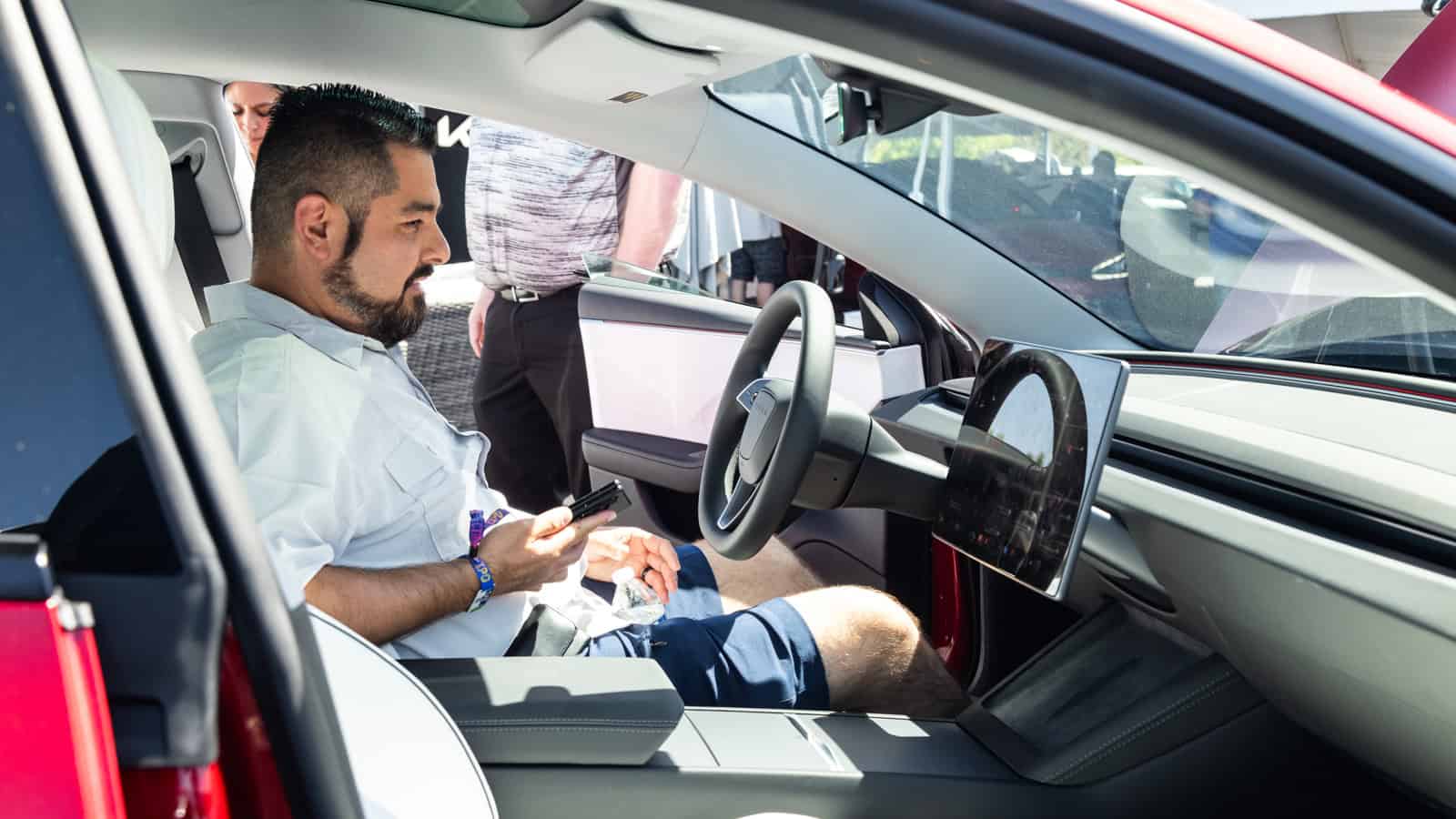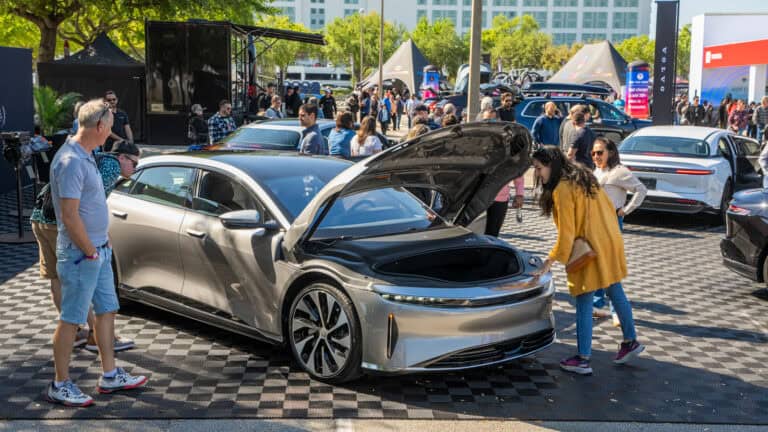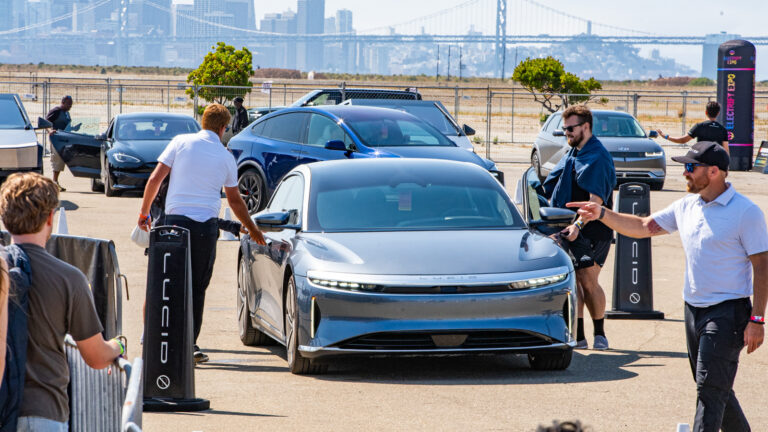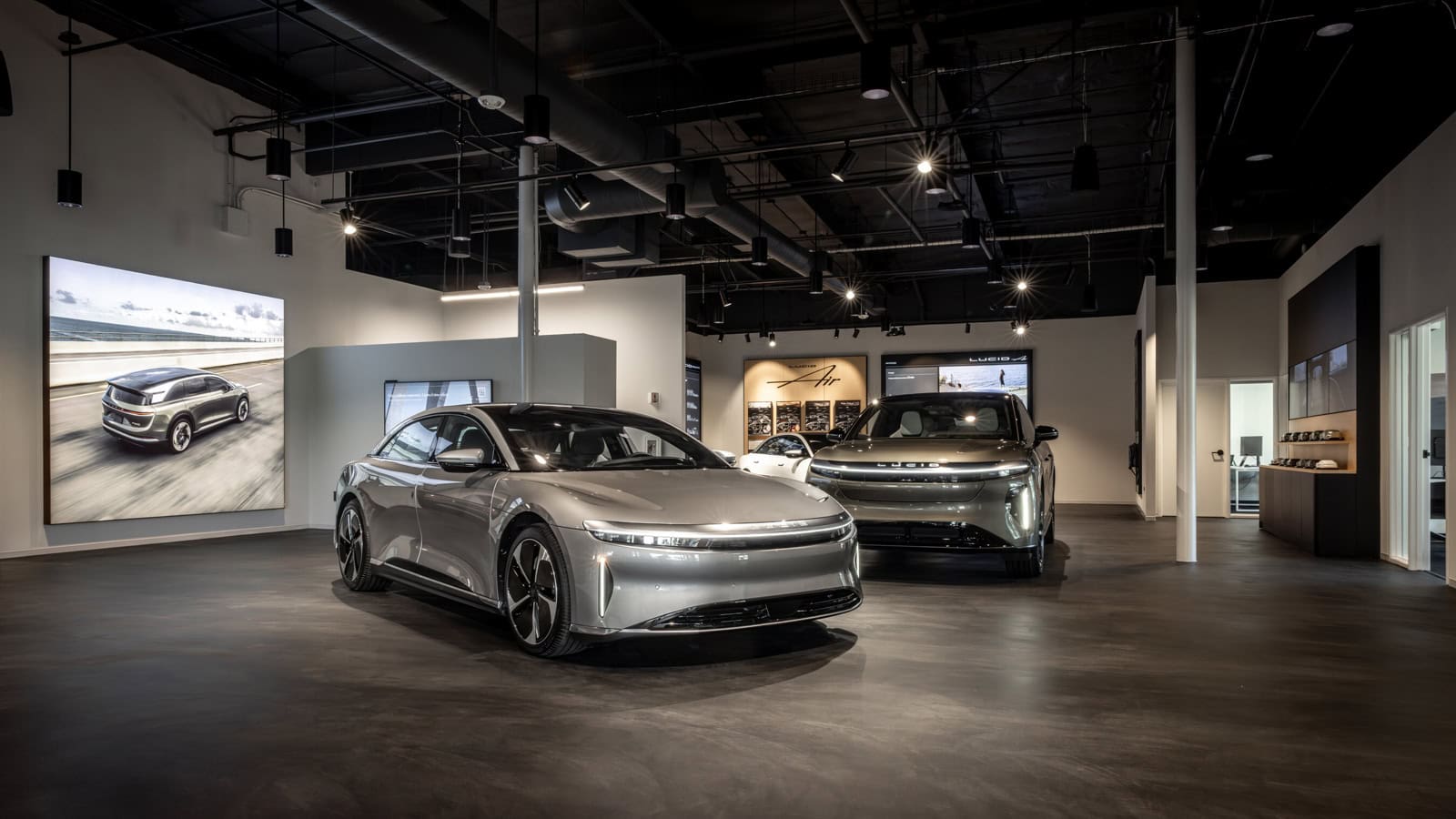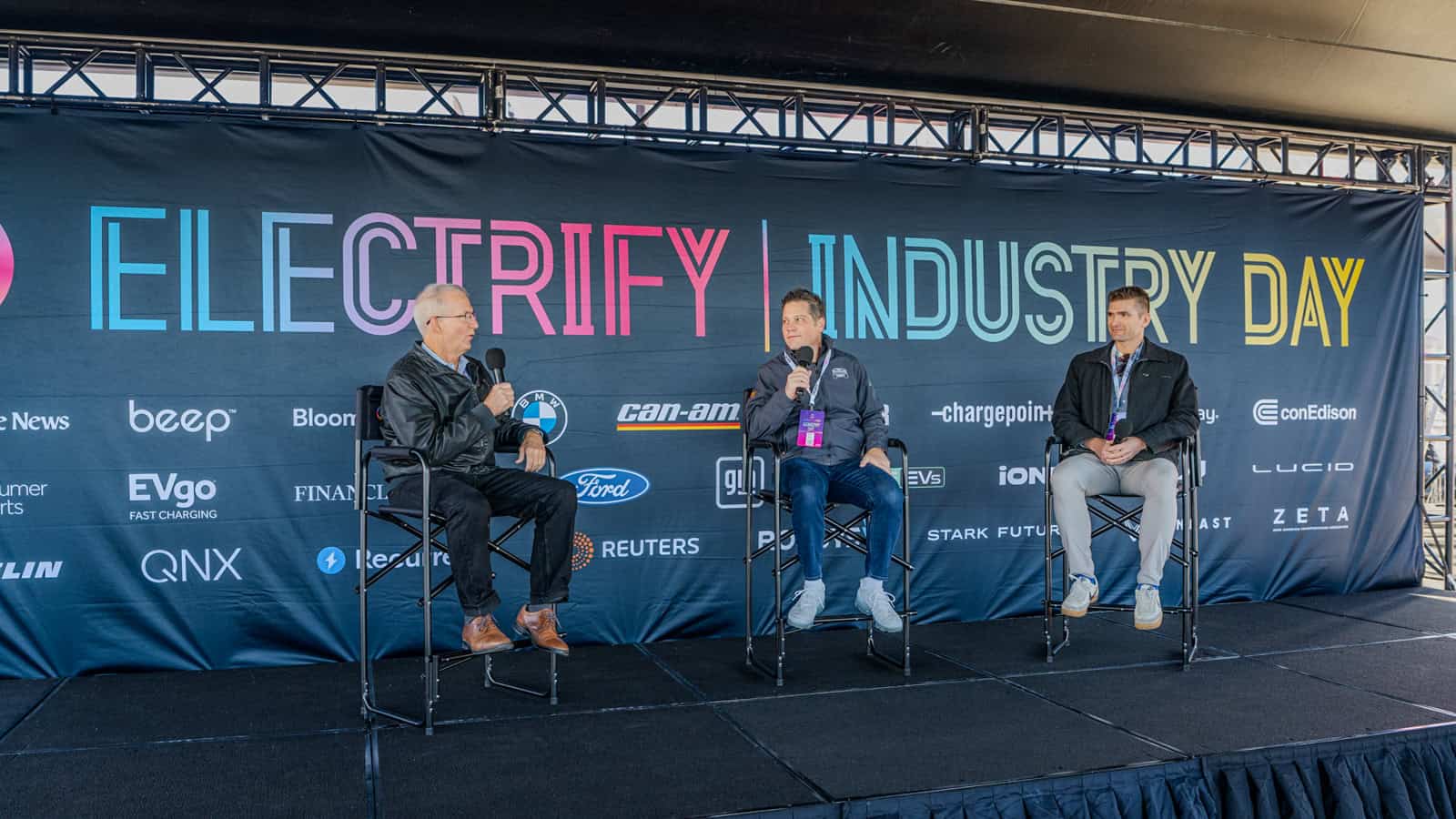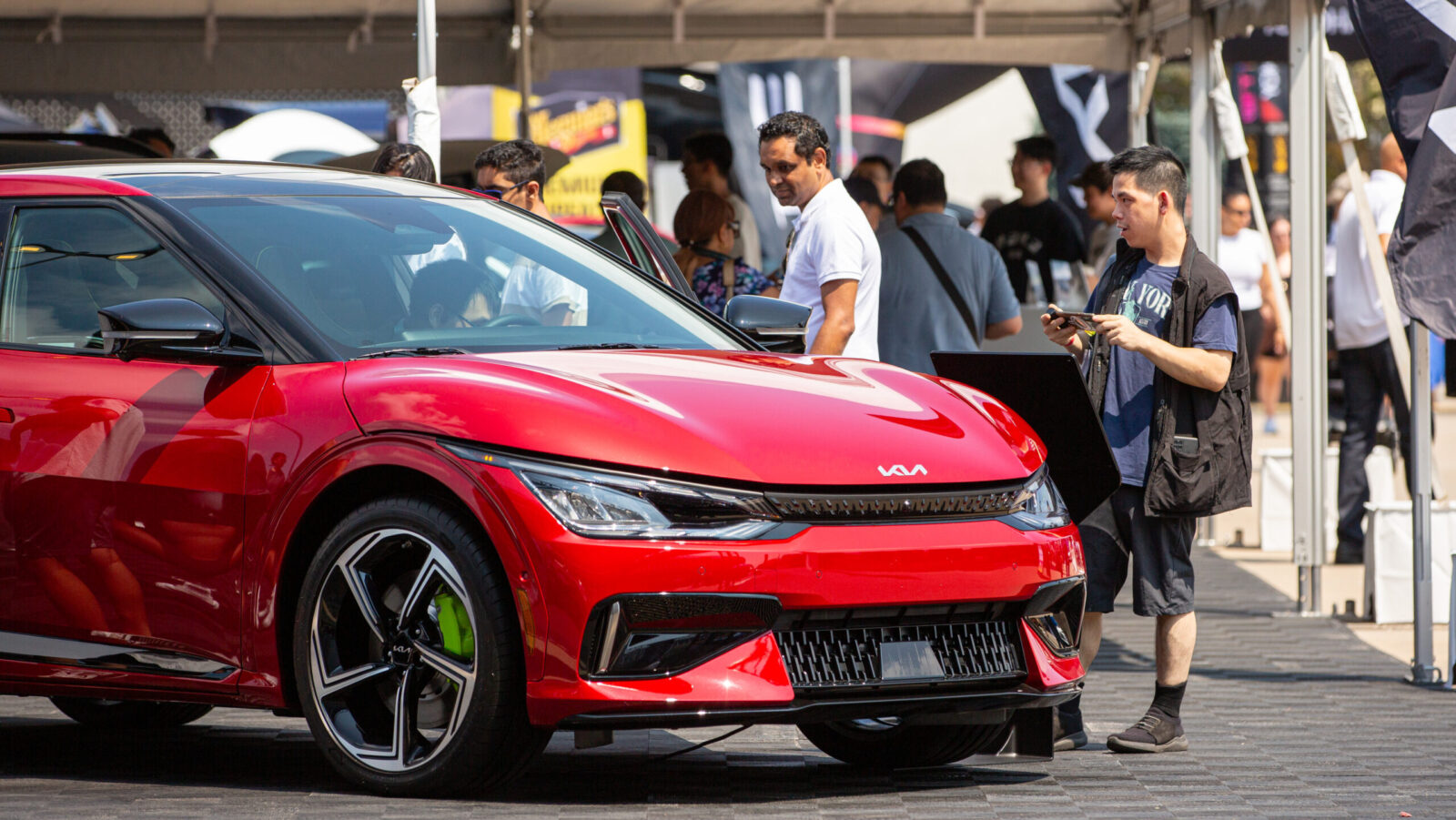- EV battery replacement costs have dropped from $400/kWh in 2012 to $111/kWh in 2024, with some Chinese cells as low as $56/kWh, according to Recurrent.
- Most EV batteries last longer than expected, with only 2.5% of replacements reported among Recurrent users.
- EV Battery replacements vary widely, such as $10,000 – $12,000 for a Tesla Model 3 pack.
ADVERTISEMENT
What if I told you that replacing an electric car battery could cost as much as a brand-new compact sedan? While this might sound daunting, the reality is far less common and evolving faster than you might think.
For most EV owners, battery replacements remain a rarity, thanks to advancements in technology and durability that far exceed early expectations. Let’s dive into the facts, uncover the costs, and explore how these batteries are becoming increasingly accessible and longer-lasting.
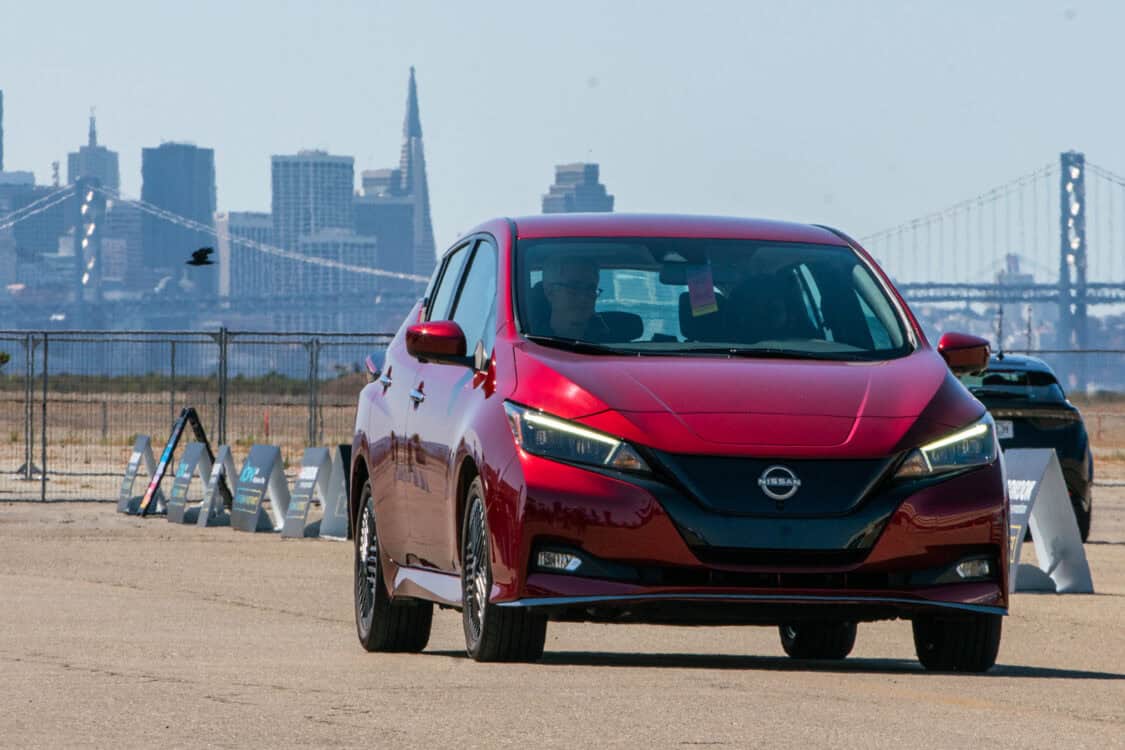
EV Batteries Are Lasting Longer Than Expected
If you’re buying a new EV, chances are you won’t need to worry about replacing its battery during its lifetime. Most EV batteries are lasting much longer than people originally thought. Even among used EVs, issues remain uncommon, with a Recurrent report showing a replacement rate of just 2.5%. Early-generation models from over a decade ago, like the Nissan Leaf, may occasionally require replacements, but these are exceptions rather than the rule.
Newer EVs come equipped with advanced battery management systems that extend the lifespan of lithium-ion packs, often outlasting the vehicle itself. This means that, as a buyer, your primary concern should be maintaining the overall health of the battery rather than worrying about the need for a replacement.
ADVERTISEMENT
Battery Prices Drop Sharply to $111 per kWh
One of the most encouraging developments is the rapid decline in battery prices. In 2012, battery costs hovered above $400 per kilowatt-hour (kWh). By the end of 2024, global averages had dropped to $111/kWh, and some lithium iron phosphate (LFP) cells produced in China were priced as low as $56/kWh.
Recurrent explains, “While the cell price is cheaper than the pack price, and although US prices tend to be 10-12% higher, the news out of China offers a promising glimpse of the battery future.”
These declining costs directly influence replacement prices. For example, a 100 kWh battery pack, typical in Tesla long-range models, cost about $16,100 in 2019. Today, that same pack might be priced closer to $11,100.

ADVERTISEMENT
Extend Your EV Battery Life with Simple Care Tips
Taking care of your EV battery can make it last longer and lower the chances of needing a replacement. Avoid letting the charge get too high or too low, limit frequent use of DC fast charging, and try to keep the battery at moderate temperatures.
Charging your battery in small, frequent intervals is better than relying on large, infrequent charges, providing a simple and effective way to maintain its health over time.
As battery prices continue to fall, the overall cost of EV ownership will likely become even more accessible, reinforcing the value of going electric.
ADVERTISEMENT

IMAGES: ELECTRIFY EXPO
FTC: We use income-earning auto affiliate links. Learn more.


